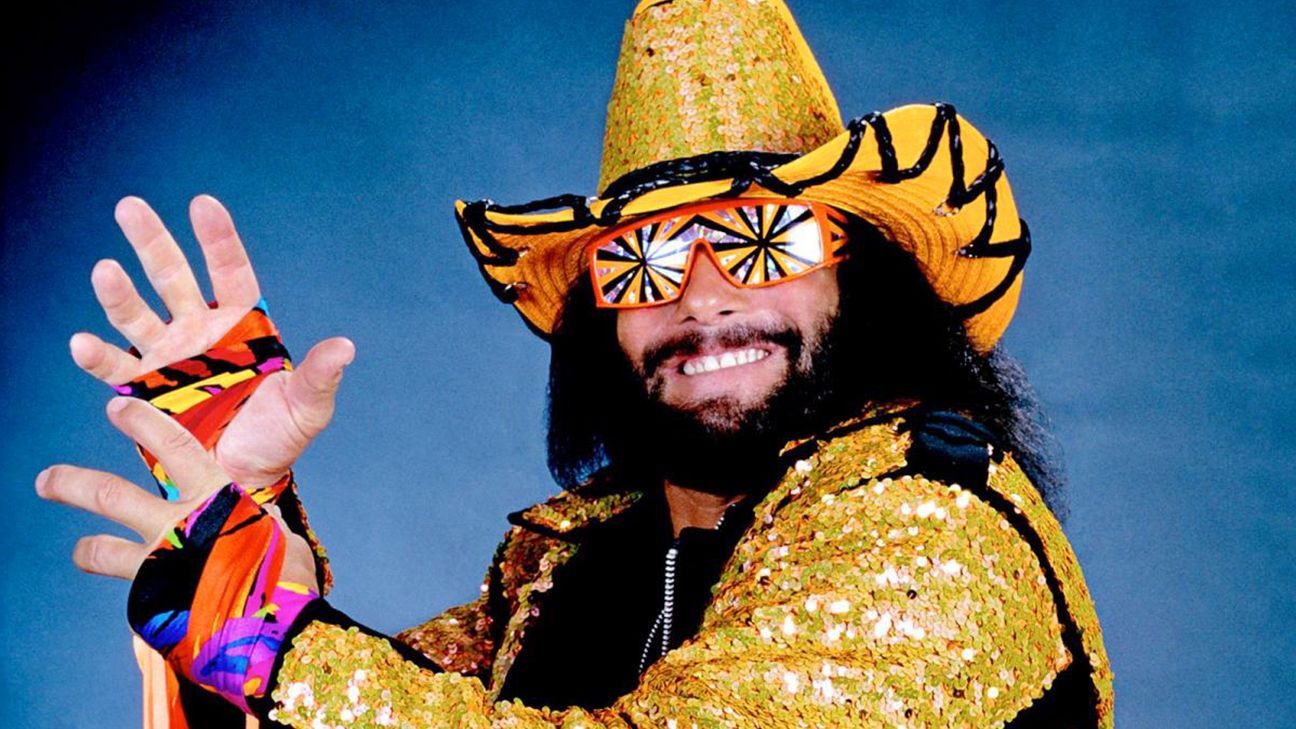
On a recent edition of his “The ARN Show” podcast, WWE Hall of Famer Arn Anderson discussed “Macho Man” Randy Savage’s arrival in WCW in the mid-1990s and more.
You can check out some highlights from the podcast below:
On WCW bringing in Randy Savage: “I don’t know if I would say he [Savage] was a Hogan guy. Gotta’ remember, there was no guaranteed money when they were with WWF. So when they were working their angles together, even though they had personal issues — I’m pretty sure they didn’t like each other very much. But they were dependent on their living, was depending on each other. So they were businessmen, bell-to-bell they did what they had to do. Because they wanted to get paid, and they were both making a heap of money.”
On whether he was surprised Vince McMahon thought Savage was too old to wrestle: “I think — no, not really. You know, it’s a young man’s business and every 10 years or so, you got to have a turnover with with the young guys. You just have to keep feeding the business. And I can see Vince, you know, looking at Randy. Because you know, once you’ve seen something, the same stick, same act for four or five years. Unless you’re really something over the top special — you know, people move to the younger guys, they just won’t see the evolution of the business.”
On WCW’s missed opportunity with Sting vs. Hogan program in 1994: “You could have revived him. You know, it wasn’t like he was dead. The audience just realized the company was stepping aside for a minute, we’re gonna go do this Hogan thing. See how it works out. If he can do it on his own, great. But by no means was Sting dead. He just hadn’t been in the right angles, and being pushed. What would have been wrong with Sting and stepping up to Hogan?”
In the world of professional wrestling, few names are as iconic as “Macho Man” Randy Savage. Known for his flamboyant personality, colorful attire, and intense in-ring style, Savage left an indelible mark on the industry. Recently, WWE Hall of Famer Arn Anderson discussed Savage’s arrival in WCW in the mid-1990s and shared some intriguing insights.
One of the first topics Anderson touched upon was WCW’s decision to bring in Savage. Contrary to popular belief, Anderson did not view Savage as a “Hogan guy.” He explained that during their time in WWF (now WWE), Savage and Hulk Hogan had personal issues and did not particularly like each other. However, they recognized that their livelihoods depended on each other, so they put aside their differences and worked together professionally. Anderson emphasized that both Savage and Hogan were driven by the desire to get paid, and they were both making a significant amount of money at the time.
When asked about Vince McMahon’s perception that Savage was too old to wrestle, Anderson was not surprised. He acknowledged that professional wrestling is a young man’s business, and every decade or so, there needs to be a turnover with younger talent. Anderson understood McMahon’s perspective, explaining that once audiences have seen the same act for several years, they naturally gravitate towards younger performers. Unless a wrestler possesses an extraordinary level of talent or uniqueness, the evolution of the business demands a shift towards fresher faces.
Another topic that Anderson delved into was WCW’s missed opportunity with the Sting vs. Hogan program in 1994. He believed that WCW could have revitalized Sting’s character instead of sidelining him. Anderson argued that the audience did not perceive Sting as “dead,” but rather understood that the company was temporarily focusing on the Hogan storyline. He questioned why WCW did not give Sting a chance to step up and face Hogan, as it could have been a compelling and lucrative matchup.
Overall, Anderson’s insights shed light on the dynamics of the wrestling industry during Savage’s time in WCW. Despite personal differences, Savage and Hogan recognized the importance of working together for financial stability. Additionally, Anderson’s understanding of the need for fresh talent and missed opportunities in storytelling showcases the complexities of booking in professional wrestling.
The legacy of “Macho Man” Randy Savage continues to resonate with fans today. His larger-than-life persona and memorable matches have solidified his place as one of the all-time greats. As fans reflect on Savage’s career, discussions like the one between Arn Anderson provide valuable context and insight into the inner workings of the wrestling world during that era.
